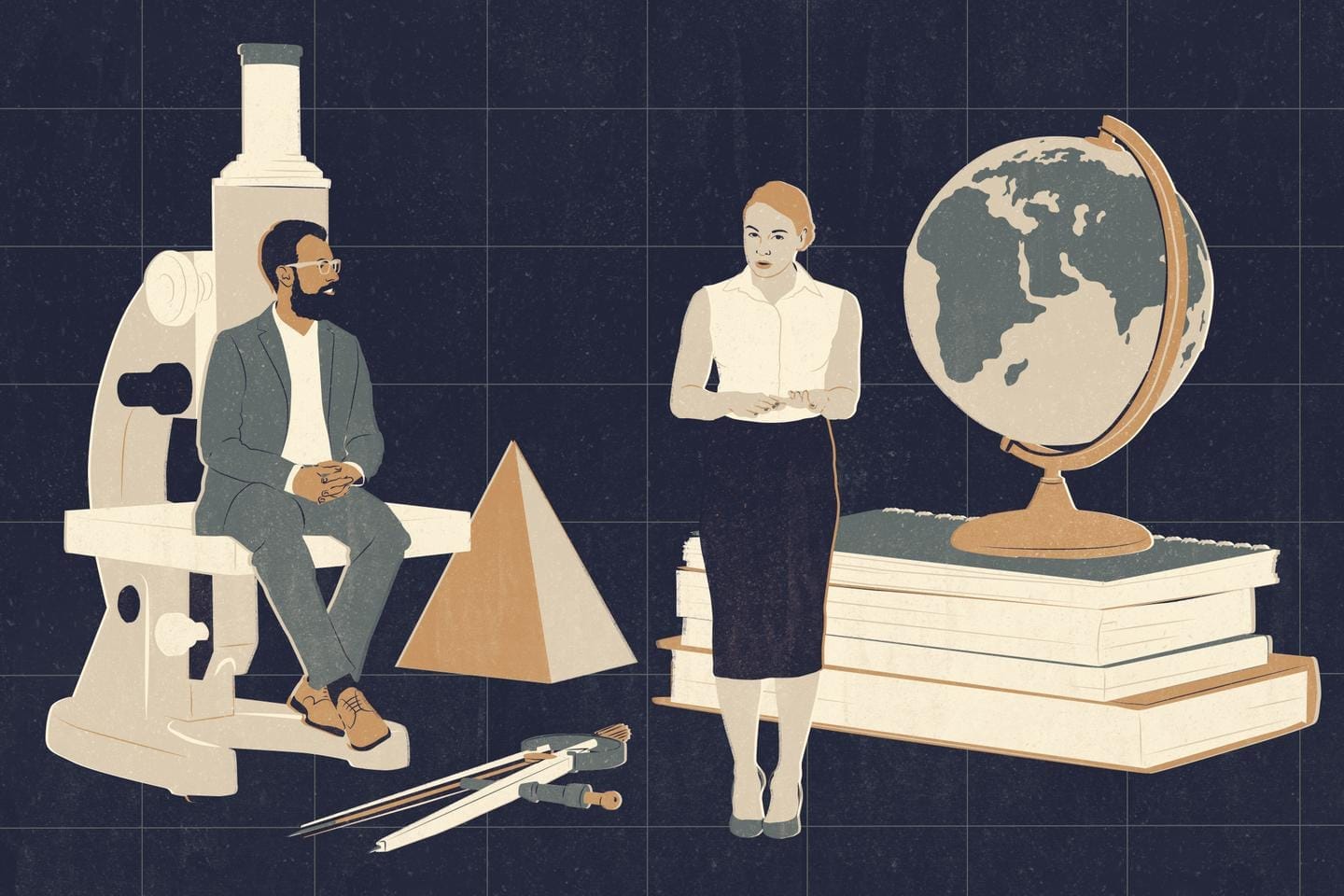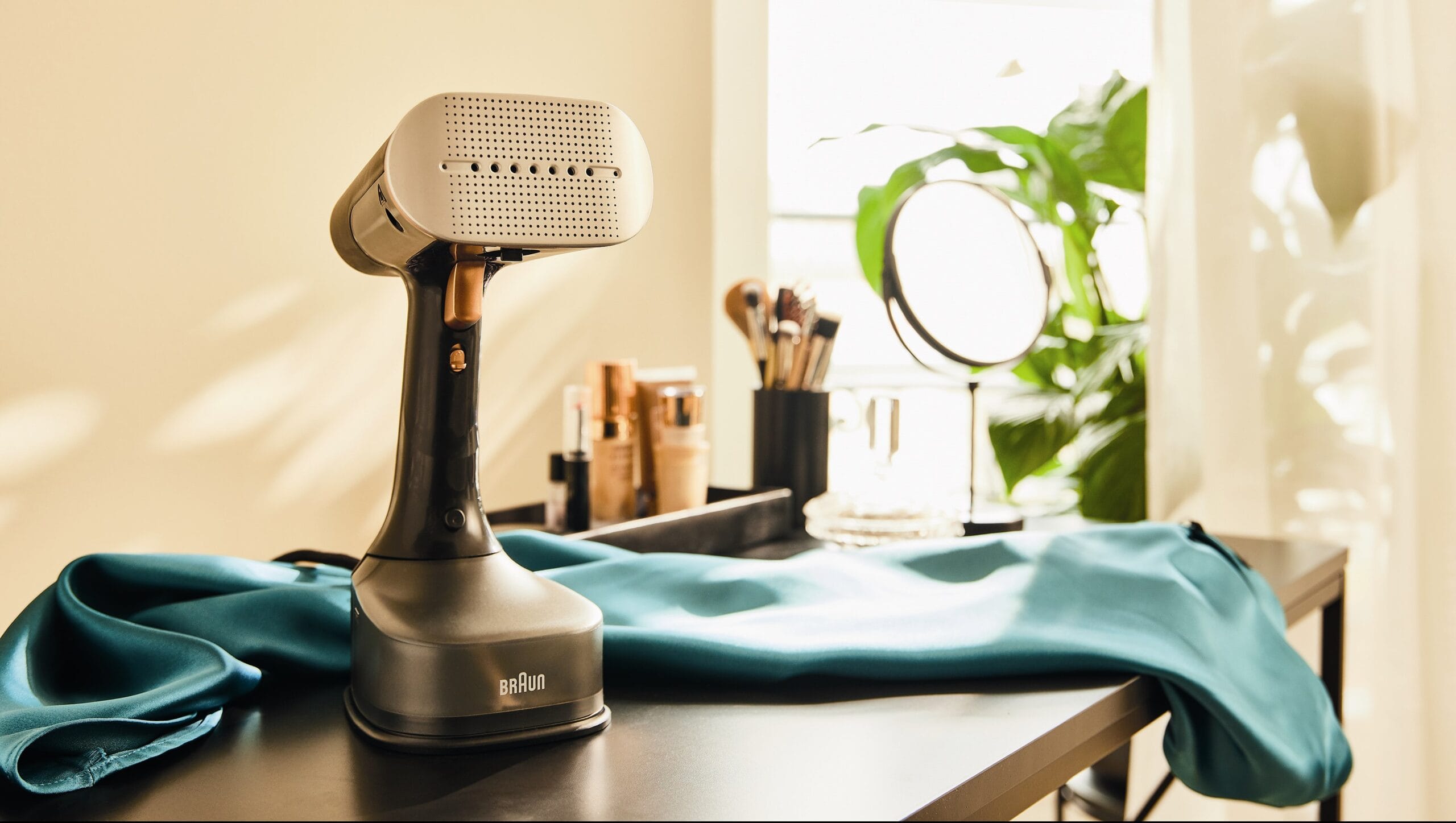The Superhuman Dilemma of Doctors in the Age of AI
Artificial intelligence (AI) is often hailed as the solution to the most complex challenges in modern medicine. From predicting infections in premature babies to recommending personalized treatments, AI tools promise greater precision and efficiency. As researchers and physicians, we see the immense potential of AI. But we also see a growing problem: while AI is designed to alleviate the burden on clinicians, it could actually exacerbate it.
As we pointed out in March in an article published in the JAMA Health Forum, doctors are being asked to accomplish the impossible. AI is being introduced into hospitals at a pace that regulations cannot keep up with. Doctors must decide – often alone – when to rely on the recommendations of an algorithm and when to reject them. And if the outcome is bad, they are the ones who bear the responsibility.
Research shows that the public tends to blame doctors more for following an erroneous AI recommendation than for following a faulty human opinion. Doctors remain perceived as the final decision-makers, even when the technology fails. As a result, doctors are asked to perfectly assess the reliability of tools they did not design and cannot fully understand, while being held solely responsible for the outcome.
We call this the “superhuman dilemma of the doctor.” Society has long expected doctors to be infallible, and AI only amplifies these expectations. Doctors are now asked to instantly interpret algorithmic results, navigating between two constant risks: false positives (trusting a defective AI) and false negatives (rejecting a reliable AI).
“Black Boxes”
They are thus caught in a double bind. If they follow the AI and it is wrong, they can be blamed for trusting a machine. If they reject it and harm occurs, they can be blamed for ignoring it. This adds pressure, clouds their judgment, and erodes confidence, both in the technology and in themselves.
Enjoyed this post by Thibault Helle? Subscribe for more insights and updates straight from the source.


